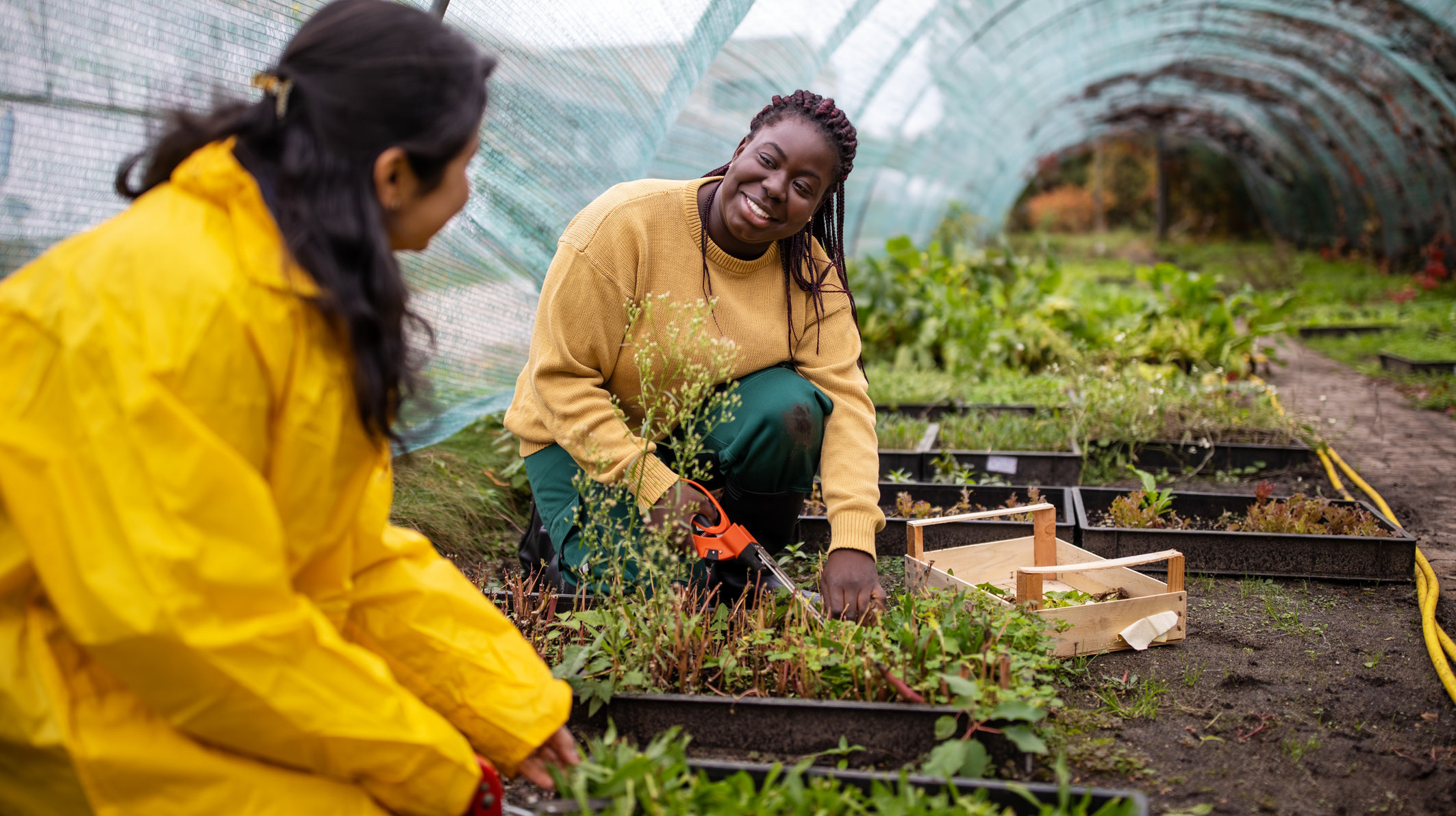You Didn't Kill Your Victory Garden. Now What?
In times of unrest, gardening can be good for the soul. It's quiet, methodical, never-ending work, but the results are visible within weeks. It feels good to see little green shoots grow tall and strong and start sprouting flowers and fruits and vegetables.
But sometimes it can feel like too much of a good thing: after a few months, you're up to your ears in tomatoes and peppers and zucchini and cucumbers and fresh herbs, more than you could ever possibly eat. And now, in this era of staying home, many of us also won't be able to foist extras off on coworkers. Times like these are when people turn to canning.
Ohio State University's ag school is currently offering a series of free online classes in canning every other Tuesday this spring and summer, Farm and Dairy reports. The series is actually already two webinars in, but the earlier classes (Preparing for Canning and Jams and Jellies) have been archived online for latecomers. Upcoming lessons include canning and freezing fruits and vegetables and pickle- and salsa-making.
"It's important that people precisely follow the proper steps and recipes when home-canning to help prevent botulism, a rare but potentially deadly illness produced by bacteria called Clostridium botulinum," Kate Shumaker, an OSU dietician, told Farm and Dairy. "Home-canning is a science, but it's not the time to experiment. You can't make up your own recipes. A lot of things can affect the safety of your final product."
But if you follow the recipes, Shumaker says, and also the instructions for your canning machine, you should be fine.
Canning is also quiet and methodical work, but it's a way to enjoy the benefits of your garden deep into the winter.
